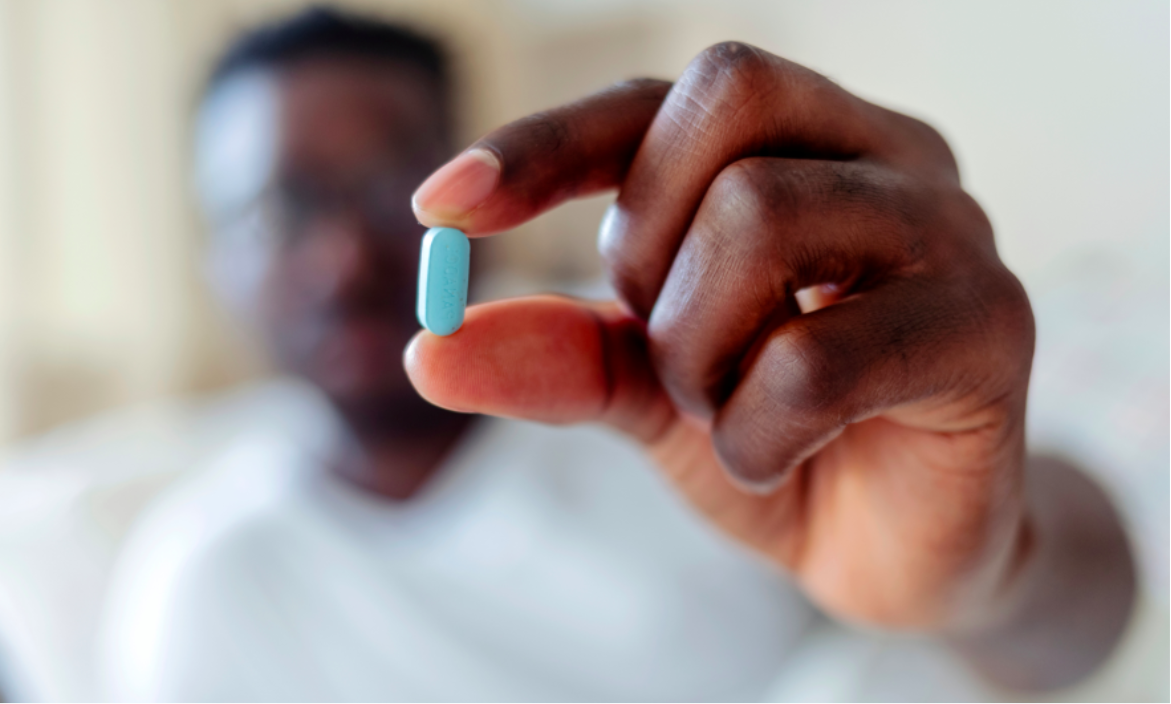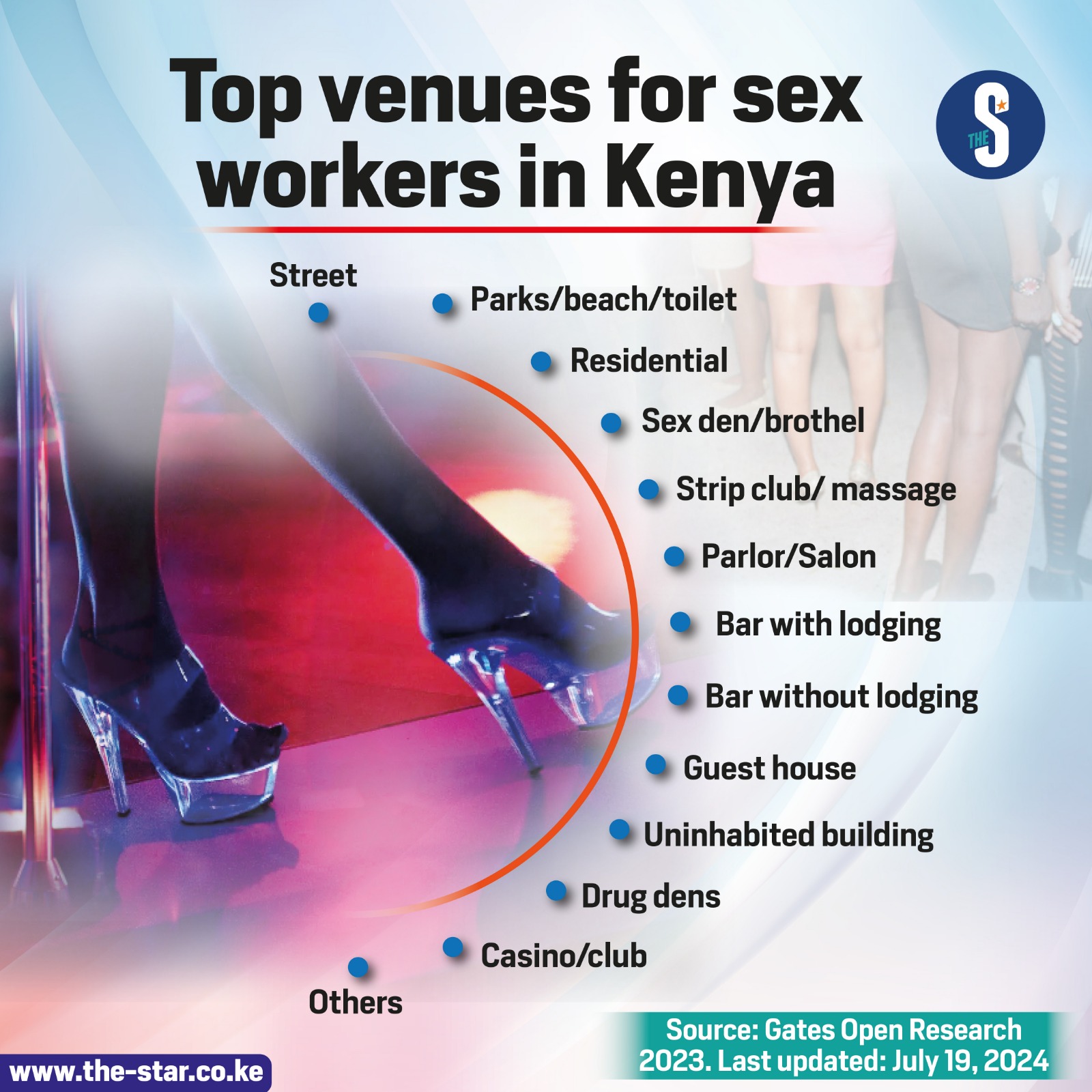 Prep comes as a pill taken daily. It reduces the risk of getting HIV from sex by about 99 per cent when taken as prescribed.
Prep comes as a pill taken daily. It reduces the risk of getting HIV from sex by about 99 per cent when taken as prescribed.
The first
time Fatuma took HIV prevention pills, she had constant diarrhoea. She also experienced heavy menstrual flow.
“So I
stopped,” she says.
She is a
sex worker in Mombasa and uses money from her trade to finance her degree at
the Technical University of Mombasa, and take care of her nine-year-old
daughter.
“From that
time, I started insisting on my clients to use condoms,” she says. But not all
complied. Some of paid more and had condomless sex.
Female sex workers (FSW) have the highest rate of HIV infection among key populations in Kenya.
In the context of HIV, key populations include sex workers, men who have sex
with men (18.2 per cent HIV prevalence)
and people who inject drugs (18.3 per cent).
At least 29
per cent of FSW are living with HIV, the National Syndemic Diseases Control
Council (NSDCC) says.
That means they
are four to six times more likely to be living with HIV than other women.
Omar Mwanjama, a coast regional officer with NSDCC, encourages them to use Pre-exposure prophylaxis (PrEP) pills given freely in public hospitals, on top of condoms.
Prep comes
as a pill taken daily. It reduces
the risk of getting HIV from sex by about 99 per cent when taken as prescribed.
But few sex
workers have taken the advantage despite its proven efficacy. Researchers, who
included those from Partners for Health and Development in Africa last year found
that only 24 per cent of sex
workers in Nairobi took Prep, and only a third of these took it consistently.
A 2017 study among sex workers in Mombasa
indicated that despite their willingness to use Prep, a majority did not because
there were concerns about its potential negative side-effects.
NSDCC explains
that although some people may experience side effects that include headache,
weight loss, nausea, vomiting, and abdominal discomfort, these effects often
reduce or stop after a few weeks of taking the PrEP.
One
organisation is amplifying the NSDCC message.
The Coast
Sex Workers Alliance (Coswa) is a grassroots female sex workers-led organisation
that champions human and health rights of sex workers at the Kenyan Coast.
“We are
educating our members about the extremely high risks we face and why it is
important to protect ourselves,” says Elizabeth Siama, a Coswa director.
Sex workers
can collect condoms at the Coswa offices in Mombasa, but go for Prep at the nearby
public hospitals including the Tudor Level 4 Hospital.
She says at least 34 per cent of sex workers have reported that they have been violated in their lifetime. The forms of violence include rape, intimate partner violence, and violence by the police especially when they try to report violence.
 Female sex workers (FSW) have the highest rate of HIV infection among key populations in Kenya.
Female sex workers (FSW) have the highest rate of HIV infection among key populations in Kenya.
Kenya initiated
national scale-up of pre-exposure prophylaxis (PrEP) for all persons at
high-risk in 2017 Following a WHO recommendation.
“It’s also
because I have a longterm partner so I need to protect him as well. He knows
the work I do, and we agreed I need to protect him,” she told The Star.
“Social
networking among FSWs build peer solidarity/trust and may contribute greatly to
condom utilisation, which is one of the key interventions together with
pre-exposure prophylaxis used in the fight against HIV/Aids,” Abuga and
colleagues said in the study, published by the Pan African Medical Journal in April,
2024.
Fatuma is
now in second year at the university and has resumed taking Prep. “I am doing
it for myself, my dreams, and my daughter,” she said.










